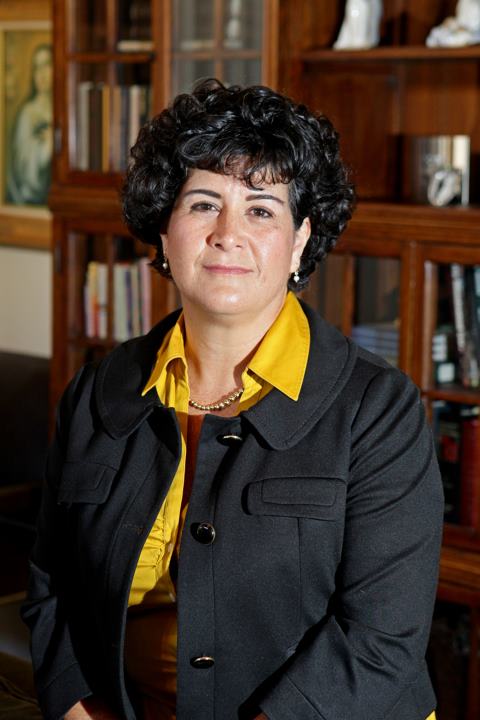Billy May was in federal prison during an outbreak of scabies. The prison required all inmates to take Invermectin to address the problem, but May refused because he was allergic to it. The prison quarantined May in a special housing unit and treated him with permethrin cream until he could be medically cleared.
While still incarcerated, May filed a complaint in federal court alleging that the prison violated his due process rights in confining him to the special housing unit. May later moved for leave to file a second amended complaint to add prison official Juan Segovia as a defendant and assert a Bivens due process claim against him. Although he filed the motion while still in prison, the district court did not grant leave to file it until after his release.
The district court granted summary judgment to Segovia, finding that May’s claims were subject to the Prison Reform Litigation Act (PLRA) but that May had not exhausted administrative remedies.
The PLRA’s administrative-exhaustion requirement does not apply to claims filed by a non-prisoner, so May argued that was snot required to exhaust administrative remedies because the second amended complaint was not filed until after his release from prison.
In May v. Segovia, written by Judge Carolyn McHugh, the Tenth Circuit adopted the “tender rule,” recognized in several other federal circuits, which holds that if a claim is “tendered” to a district court by a plaintiff while he is still incarcerated, it is subject to the PLRA’s exhaustion requirements. The Tenth Circuit therefore rejected May’s claim.
Judge Mary Beck Briscoe concurred in the judgment. She would not relied on the tender rule, but would instead have held that the claims in May’s second amended complaint related back to those in his original complaint under Federal Rule of Civil Procedure 15(c). And because May filed his original complaint while still incarcerated, she would hold that the PLRA’s exhaustion requirement applied to his due process claims.

